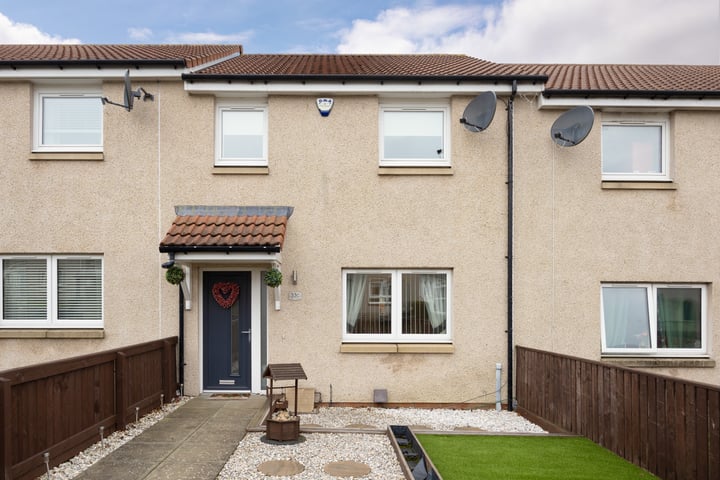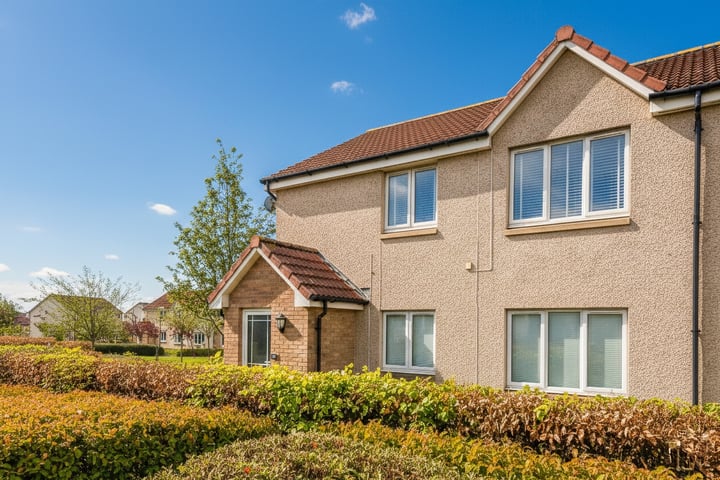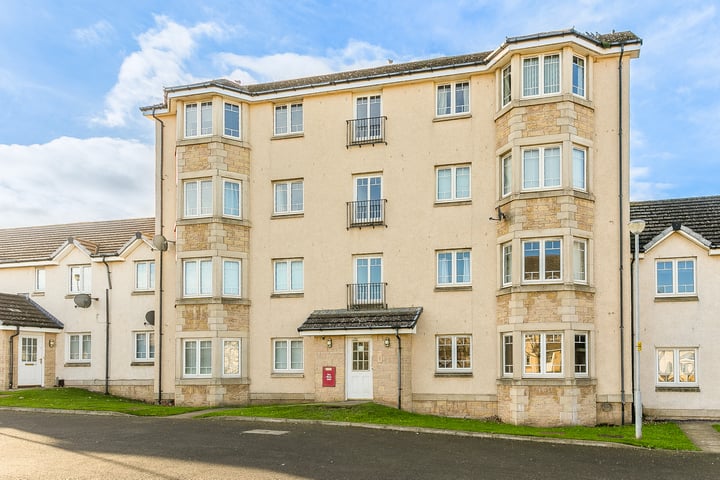The country is divided on Brexit, so too are opinions regarding Brexit’s impact on the property market. There are clearly differences in property market trends across the country, but can this be attributed to the uncertainty over Brexit or other factors? With Brexit negotiations reaching the sharp end, we take a look at the impact on the housing market.
The Bigger Picture
Whilst the housing market in some areas of the UK has stagnated over the past year, opinion is divided on whether or not it is because of Brexit. Some see uncertainty around Brexit as the biggest challenge affecting the property sector, others see higher taxation, stricter bank lending and the fallout from Stamp Duty and Land and Buildings Transaction Tax (LBTT) changes as key factors. There is no simple answer, although the outcome of the Brexit negotiations will clearly have an effect on what happens next within the residential property sector.
After Article 50 was triggered in March last year, a commentator from the Telegraph stated: “For most of the country, Brexit will have little effect on house prices. In much of the UK, homebuyers are moving because they need to, because of jobs or an expanding family; this means that prices will hold up in much of those areas. A buoyant property market depends on the UK’s economic health, which is difficult to forecast. If the pound weakens further, inflation surges, and interest rates are raised, the capacity for house price growth would be reduced. Equally, if Brexit negotiations are very successful, economic growth continues to remain positive, and confidence is boosted, house prices could increase earlier and at a faster rate than initially thought.”
Eighteen months on, the uncertainty continues although the outlook in Scotland is different to London and the South of England. The August 2018 RICS Residential Market Survey shows a diverse regional picture with the market solid in many parts of the country. While London, parts of the wider South East, and to some extent, East Anglia are “downbeat”, Scotland and Northern Ireland in particular are showing “a healthy market, with a positive outlook for sales activity.”
RICS chief economist, Simon Rubinsohn, commented: “It is clearly very difficult to talk about the housing market at the moment without being acutely aware of the marked differences in trends across the UK. While a combination of a lack of stock and some level of uncertainty, both relating to the interest rate outlook and Brexit, has had an impact on activity, the overall picture in these areas is still encouraging. The story in London and the South East is, as has been widely recognised, rather more challenging but it is important that this is not seen as being indicative of the wider market.”
Earlier this month Mark Carney, Governor of the Bank of England, warned that a no-deal Brexit could see house prices plunge, the worst-case scenario being a possible 35% fall in house prices over three years. However he was keen to point out that he was not predicting a property market crash in the wake of a no-deal Brexit, but that a housing slump and other outcomes including higher unemployment were worst-case scenarios used in stress tests for British banks, designed to ensure there is no repeat of the 2008 financial crisis.
Currently the focus is on the possibility of Britain ending up with a no-deal scenario, however there could be a more positive outcome resulting in a very different effect on the country’s economy and housing market. BBC economics editor, Kamal Ahmed, commented: “If there is a ‘good deal’ with the EU, Mr Carney believes there could be a significant boost to the economy as pent-up demand held back by the present uncertainty is released. Investment could rise markedly, he has argued.”
Closer to Home
Whilst some commentators state that the ongoing Brexit negotiations have been impacting negatively on the housing market, it doesn’t seem to have dampened people’s enthusiasm for home ownership in east central Scotland. We have heard little of Brexit in our discussions with buyers, so it seems to have had little bearing to date on people’s decisions about their dream home or investment. That may, of course, change over the next few months as we move closer to the UK’s exit from the EU in March 2019 and beyond.
Since the Brexit referendum result, we have continued to see a property market that is delivering excellent results for sellers, with great mortgage product availability, low interest rates (the August 0.25% interest rate rise appears to have had little impact) and high demand leading to the levels of property sales in Scotland being at a six year high.
This year has been busy, with all the key indicators of a very healthy property market. Other than some sluggishness in early spring due to the heavy snow, and a combination of school holidays and people enjoying the unseasonably hot weather over the summer, demand for property has remained high. For property sellers the outlook is positive with fantastic prices being achieved in record times, although it has been challenging for buyers with limited stock to choose from and a lot of competition from other buyers. Any hesitancy amongst property sellers getting their home onto the market has been primarily due to their concern that they won’t be able to find a new home after they have agreed the sale of their current home.
Scotland is not immune to wider economic trends and, if the UK economy is badly hit, it will affect the property market in Scotland. However, property is generally viewed as a safe investment, and Scotland’s relative insulation from volatility in the City of London should ensure that Scotland remains an attractive option for homebuyers and investors both at home and from the rest of the UK. The Edinburgh market in particular should continue to attract homebuyers and investors; in a study commissioned by the Royal Mail earlier this year, Edinburgh was voted the most attractive UK city in which to live and work.
It remains to be seen what the Brexit outcome will have on the wider economy in Scotland and the UK. However, it seems that house prices continue to be more closely aligned with the wider socio-political outlook of the country and that, as long as the wider economy, earning prospects and levels of employment in Scotland are not negatively affected, Brexit is unlikely to have a negative effect on the level of property sales or property prices in Scotland.
In the absence of a crystal ball, the true impact of Brexit won’t be known for some time yet. Ultimately, however, it is the shape of the economy that will determine the outcome for the UK property market after Brexit. Meantime, risks exist regardless of the political landscape, so Brexit shouldn’t stop you buying or selling property!
If you are thinking of selling your home or investment property, get in touch with us by calling 0345 646 0208 (Option 1) or by emailing [email protected] to organise a free valuation of your home or to get a full, transparent breakdown of the costs of selling your home.
If you are looking to buy a property as a home or investment, please call 0345 646 0208 (Option 2) or email [email protected] and we will be happy to help.






Leave a Reply